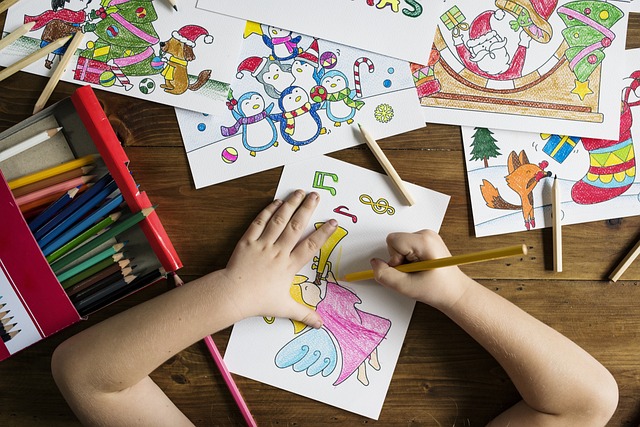
The Evolution of Talk Shows: A Peek into Modern Entertainment and Culture
In recent decades, talk shows have undergone a significant transformation, mirroring shifts in modern entertainment and culture. Once a simple format where hosts engaged with guests through casual conversation, today’s talk shows encompass diverse themes and styles that reflect the complex dynamics of contemporary society. As we delve into this evolution, we uncover how talk shows have not only adapted to changing times but have also shaped public discourse in profound ways.
In the early days, talk shows were a nascent form of entertainment, often characterized by a fixed format that involved interviewing celebrities and discussing current events. Hosts like Johnny Carson and Oprah Winfrey set the stage for what audiences could expect—a comfortable setting where viewers felt like part of an intimate conversation. However, the cultural fabric today is woven with threads of rapid change, social awareness, and the demand for authenticity, resulting in talk shows that push boundaries and tackle pressing issues.
Modern entertainment has heralded a new age of talk shows by integrating various platforms and formats. Traditional television shows now coexist with podcasts, streaming platforms, and social media. This on-demand culture allows audiences to engage with topics that resonate with their experiences, effectively breaking down barriers of time and accessibility. Talk show hosts, now often seen as influencers, facilitate discussions around mental health, race, and political correctness, making the format a vital platform for societal reflection and conversation.
Moreover, the emergence of diverse voices in the talk show arena reflects a broader cultural shift toward inclusivity and representation. Programs led by women, people of color, and members of the LGBTQ+ community are gaining traction, allowing underrepresented narratives to take center stage. This evolution not only enriches the content of talk shows but also empowers audiences who see themselves reflected in the discussions taking place. This layering of voices makes modern talk shows not just a source of entertainment, but a crucial part of cultural conversations.
The impact of the digital landscape cannot be overstated, as social media platforms become integral to the talk show experience. Hashtags, viral moments, and audience engagement shape the discourse in real-time, providing a dynamic feedback loop between hosts and viewers. This interactivity has transformed spectators into participants, fostering a sense of community among audiences who resonate with the themes being discussed. Today, a talk show segment can spark nationwide conversations or lead to social movements, illustrating the power of televised dialogue in shaping public opinion and culture.
In this contemporary setting, talk shows have evolved beyond mere entertainment. They serve as forums for education, exploration, and connection in a world that often feels fragmented. By embracing modern entertainment trends and cultural shifts, talk shows have continued to captivate and resonate with audiences, proving that even in the ever-changing landscape of media, the art of conversation remains a timeless connector of people and ideas.



